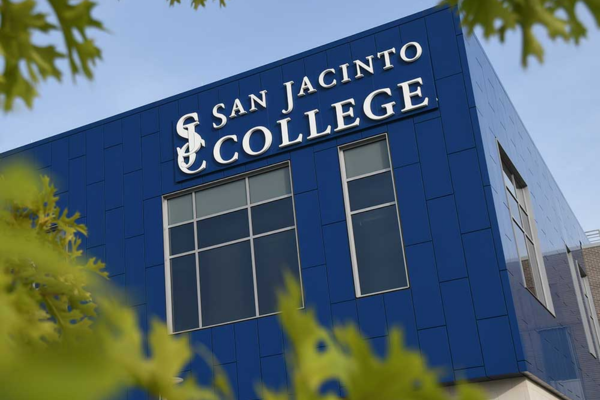52-Acre Development Looks to Capitalize on Houston's Growing Life Sciences Industry
Published Jun 16, 2020 by A.J. Mistretta
A massive new mixed-use development planned near the Texas Medical Center is the latest in a series of projects that will expand Houston’s life sciences research and innovation infrastructure.
Hines plans to redevelop a 52-acre site near the intersection of Texas 288 and Holcombe Blvd. in partnership with the Levit family which has owned the property for generations. Dubbed Levit Green, the project is slated to include a mix of office space, research facilities, retail, residential and green space.
The developers hope to build on Houston’s growing life sciences sector centered around the TMC, the world’s largest medical campus with more than 60 different hospitals and institutions. Construction on the first phase of Levit Green is slated to start next year.
“At 15.5%, Houston has one of the highest five-year growth rates in life sciences establishments in the United States,” said John Mooz, senior managing director at Hines. “Impressive advancements in therapeutics, science and innovation are driving demand for real estate. With multimodal connectivity and proximity to TMC, we believe Levit Green will create a new and needed destination for Houston’s rapidly growing life sciences cluster.”
Earlier this year, Texas A&M University announced plans to create Texas A&M Innovation Plaza, a $550 million mixed-use complex on the edge of the TMC. The 5-acre project being developed in phases through 2024 will include education space for the university’s dual-degree program in medicine and engineering, student housing and commercial space for clinical, research and office use. On the south end of TMC, work is slated to begin this year on TMC3, a 37-acre, 1.5 million-square-foot translational research campus that will include labs and research facilities as well as commercial and retail space and a hotel/conference center. Construction on the project is expected to be completed in 2022.
The Houston Chronicle estimates that together these projects will bring roughly $2 billion in investment to the area around TMC.
Houston is home to more than 1,700 life sciences companies and roughly 320,000 workers across the region are employed in healthcare and life sciences—more than the total employment of the energy sector.
Learn more about Houston's life sciences industry.
 The Houston Report
The Houston Report



















